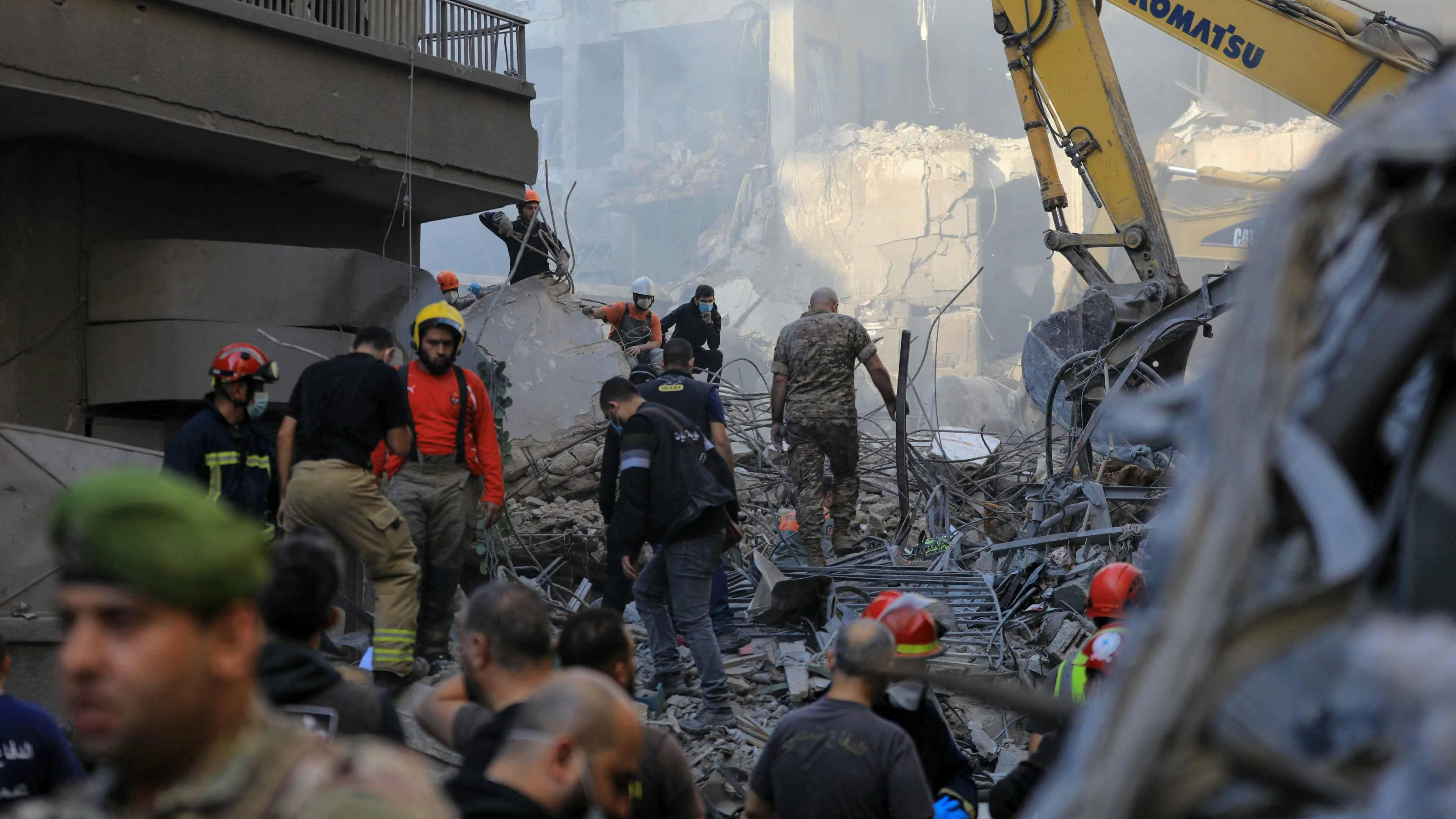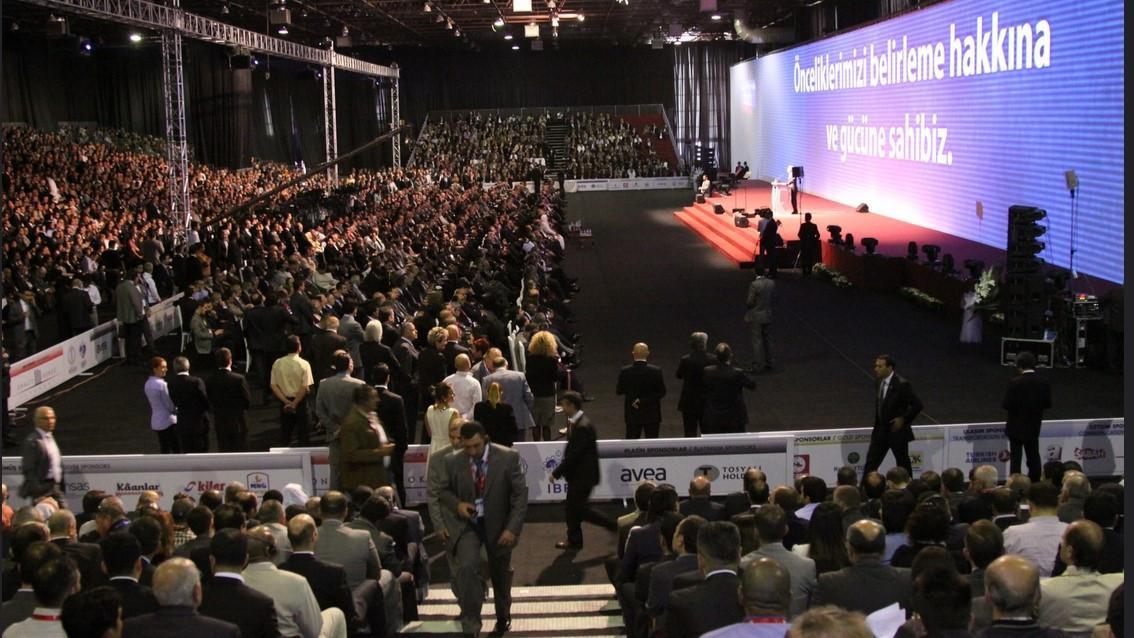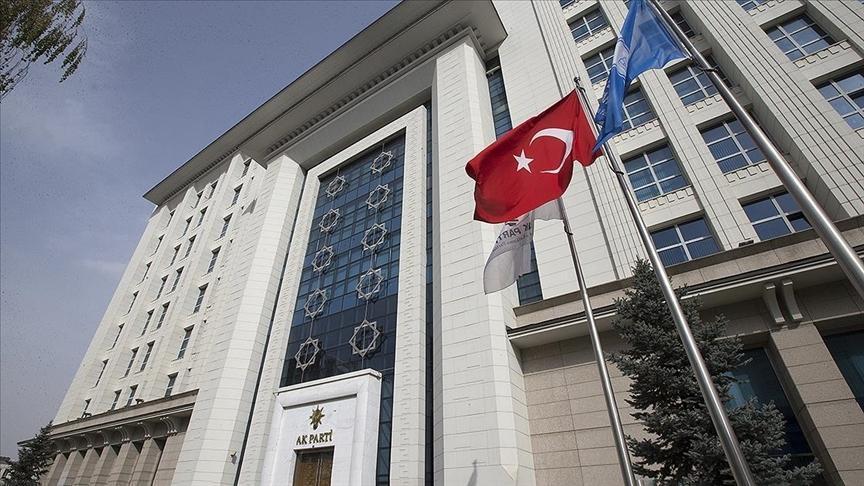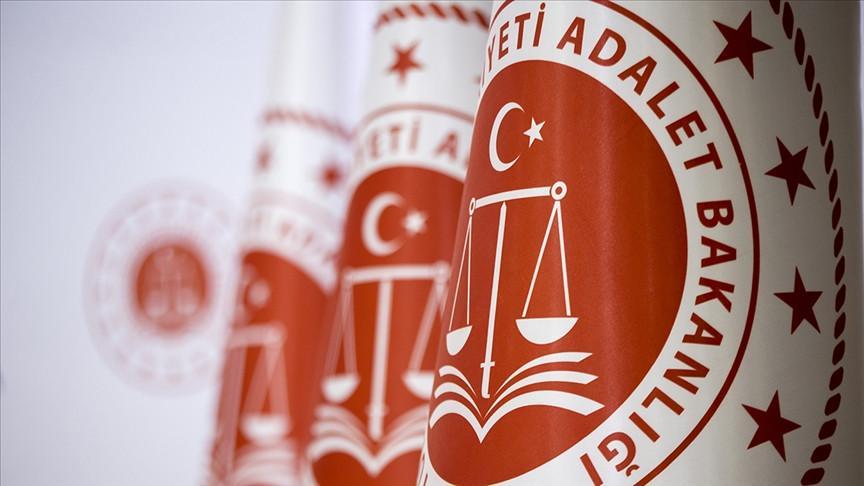Syria jihadist infighting kills nearly 70, says monitor
BEIRUT
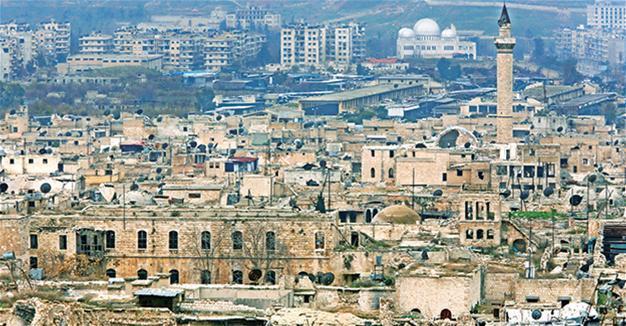
REUTERS photo
Nearly 70 fighters from two formerly allied jihadist groups have been killed during infighting over the past 24 hours in northern Syria, a monitor said on Feb. 14.The clashes between former al-Qaeda affiliate Fateh al-Sham and the hardline jihadist Jund al-Aqsa faction erupted on the morning of Feb. 13, after tensions over influence in the northwestern province of Idlib.
The fighting reflects the growing strained relations between different factions in Idlib province that once fought alongside either other against Syrian President Bashar al-Assad’s forces.
The Britain-based Syrian Observatory for Human Rights said the clashes erupted after Jund al-Aqsa carried out a suicide bomb attack against a Fateh al-Sham headquarters in Idlib, killing nine people.
The toll has now risen to 69 dead from both sides in heavy clashes as well as executons, with the fighting spreading to the neighboring province of Hama.
“There are battles between warlords, it’s a war for influence,” said Observatory director Rami Abdel Rahman.
Delayed U.N.-sponsored peace talks aimed at ending Syria’s civil war will resume on Feb. 23 in Geneva, a few days later than previously planned, the U.N. envoy’s office said on Feb. 13.
The announcement came a day after Syria’s opposition announced its 21-member delegation for the new round of talks, which had been due to start on Feb. 20.
U.N. envoy Staffan de Mistura had already announced a delay in the planned resumption from Feb. 8 to Feb. 20, to give the opposition more time to prepare.
Last week he had warned the opposition that he would pick their delegates himself if they could not decide on time.
Human Rights Watch said on Feb. 13 that Syrian government forces carried out at least eight chemical attacks during the final weeks of the battle for Aleppo, killing nine people, among them four children, and injuring hundreds more.
The rights group said it interviewed witnesses, collected photos and reviewed video footage indicating that chlorine bombs were dropped from government helicopters during the offensive from Nov. 17 to Dec. 13, 2016.
Around 200 people were injured by the toxic gases used on opposition-controlled areas of the northern city, according to HRW.


